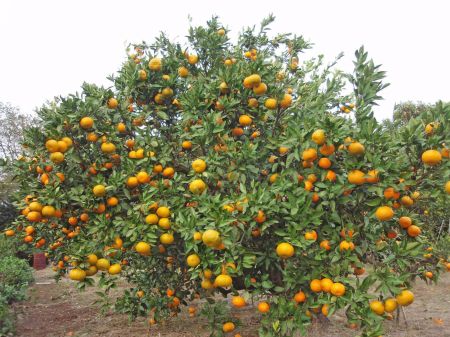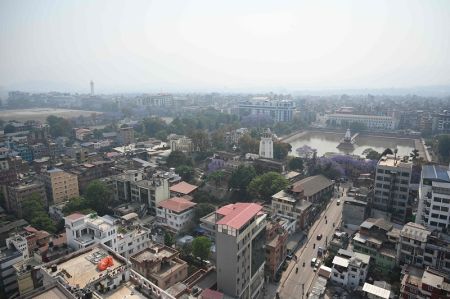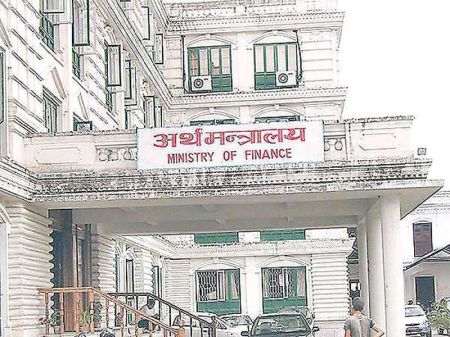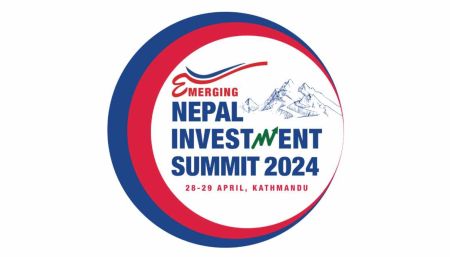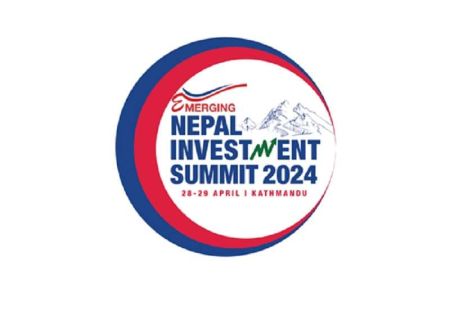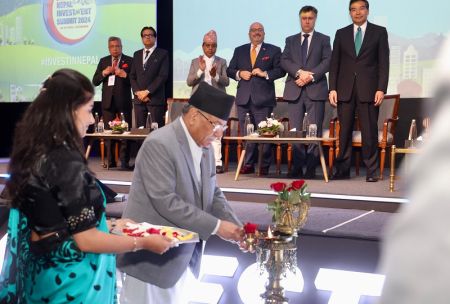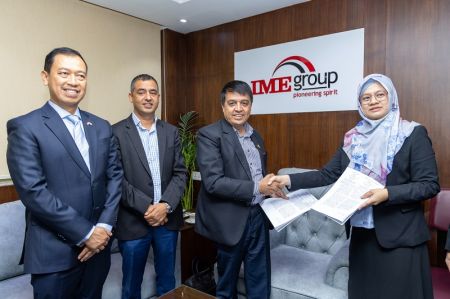Two new food security initiatives – Knowledge-based Integrated Sustainable Agriculture and Nutrition Project (KISAN) and Agriculture Food Security Project (AFSP) - were launched on July 23 jointly by the Ministry of Agricultural Development (MoAD), Ministry of Health and Population (MoHP), the US Agency for International Development (USAID) and the World Bank.
According to the official press statement released at the programme to launch both projects, these projects will work in the west, mid-west and far-west regions of the country. Speaking at the programme Peter W Bodde, US Ambassador to Nepal said, “Both projects reflect the US government’s commitment to food security through President Obama’s ‘Feed the Future and Global Health Initiatives’.”
He said that these projects would lead to promote inclusive agricultural growth, improve the nutrition of women and children and help fight chronic malnutrition through increased knowledge on nutrition and nutritious food. “We are helping to feed families and make them prosperous enough to feed themselves,” he added.
KISAN, a five-year USAID project of USD 20.4 million is a part of the Presidential Feed the Future Initiative in Nepal. The press statement states, “The project will improve food security, increase income and diversify diets for 160,000 disadvantaged rural households for about one million rural Nepalis across 20 districts through integrated agriculture and nutrition activities.”
According to USAID, KISAN will continue the successes, best practices and achievements made by the USAID’s other project, Nepal Economic, Agriculture, and Trade (NEAT), that was officially closed in August 14. The project worked for improving the business environment, strengthen fiscal and trade policies, encourage competitiveness and exports of tea, ginger, lentils and coffee, thus enhancing food security and access to financial services.
USAID says that NEAT worked with more than 75,000 households in 32 districts in the country, directly improving the lives of 560,000 people. The USAID marks the launch of two new food security initiatives as a promise to continue supporting Nepal on economic growth and improved food security. Similarly, the NEAT project worked with 20 private firms and almost 67,000 farmers, increasing farmer sales by USD 26.5 million, with another USD 10 million in incremental farmer sales projected for the summer of 2013. The project facilitated the disbursement of more than USD 3.67 million in rural loans by financial sector partners, contributing to improved cash flows in local economies and supporting small-businesses.
Similarly, AFSP is a five-year project funded by the Global Agriculture and Food Security Program (GAFSP) implemented by the line ministries of the government of Nepal. This project aims to improve the food security situation of 150,000 households of poor and marginal groups across 19 districts by increasing agricultural production, livelihood options, household income and improving utilisation of food, according to the statement. The programme will be implemented by MoAD and MoHP under the monitoring and supervision of the World Bank.
Tahseen Sayed, Country Manager of the World Bank office in Nepal said that Nepal won the GAFSP funded AFSP through a highly competitive bidding. She also expected cooperation between the line ministries for the success of these projects and AFSP’s alignment with government priorities.
Vice Chairman of National Planning Commission (NPC), Dr Rabindra Kumar Shakya stated that the recently approved Multi Sector Nutrition Plan and recently prepared Agriculture Development Strategy will guide the future direction of agriculture, food and nutrition security of Nepal. He emphasised the need for increased investment and improved coordination for the optimum development of these sectors.
Dr Praveen Mishra, Secretary of MoHP and Jaya Mukunda Khanal, Secretary of MoAD expressed their commitment to closely coordinate and provide necessary support for the implementation of these projects.





